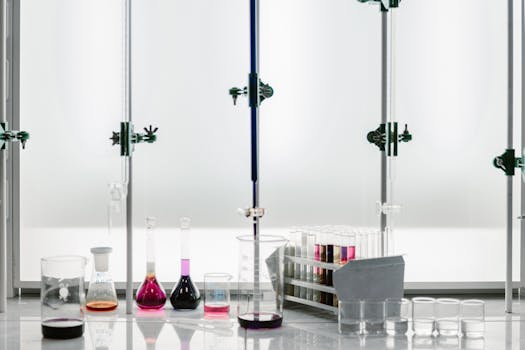You can do a degree or postgraduate qualification accredited by the Institution of Chemical Engineers (IChemE).
Subjects include:
- chemical engineering
- process engineering
- biochemical engineering
You may be able to do a postgraduate conversion course if you have a degree in a related area like engineering, chemistry or polymer science.
Many courses include work placements which can give you valuable experience of working in the industry.
Some universities offer a foundation year for people without qualifications in maths and science, which allows them to move onto the degree course afterwards.
Entry requirements
You'll usually need:
- 4 or 5 GCSEs at grades 9 to 4 (A* to C), or equivalent, including English, maths and science
- 2 or 3 A levels, or equivalent, including chemistry
- a degree in a relevant subject for postgraduate study








